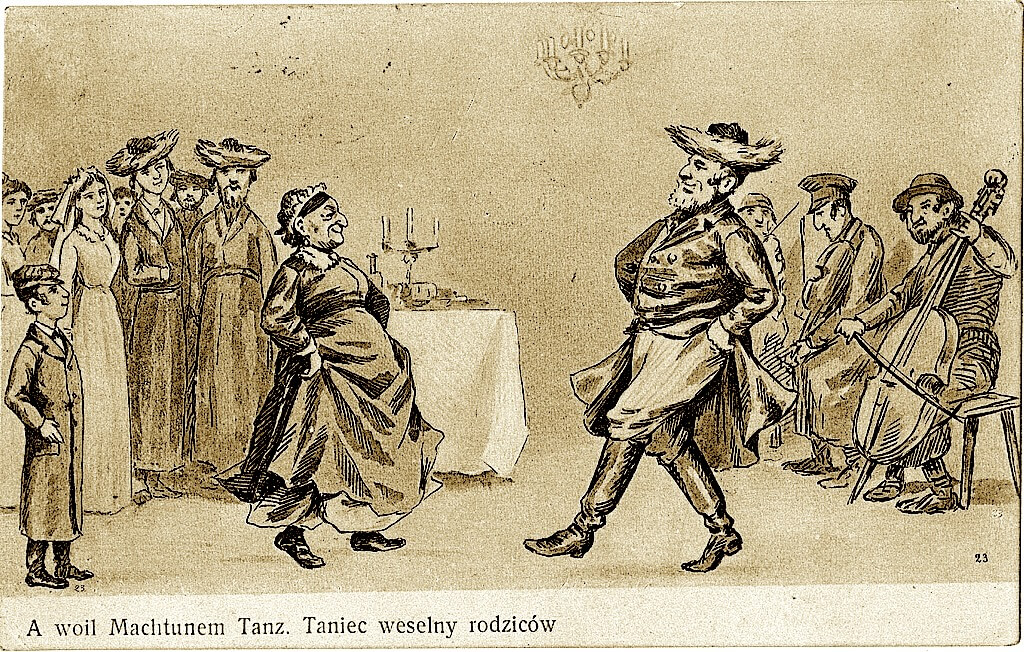Gay, Orthodox and Outspoken


Shlomo Ashkenazy
The Supreme Court’s decisions around marriage rights may have elated gay and lesbian Jews and their allies. But for LGBT Jews in the Orthodox community, the ruling might have the opposite effect. The Union of Orthodox Jewish Congregations issued a statement reiterating Judaism “forbids homosexual relationships”; Agudath Israel went a step further, claiming the “sanctity” of marriage “may have been grievously insulted by the High Court.”
Enter Shlomo Ashkinazy. A quiet but pathbreaking activist, Ashkinazy has counseled gay and lesbian Orthodox Jews about reconciling “untenable contradictions” in their religious and sexual identities. Most recently, he’s leading a video storytelling project for Eshel, the New York-based organization which advocates for acceptance of LGBT Jews in Orthodox communities.
Ashkinazy’s personal activism stretches back much farther. In the 1970s, he became the nation’s first openly gay social-work graduate student. And in 1985, he became founding principal at the Harvey Milk High School, the first public school for LGBT students in the country.
On the heels of historic high-court decisions on civil rights for LGBT people, the Forward caught up with Ashkinazy from Brooklyn’s Park Slope neighborhood, where he lives with his partner Michael.
A recent news profile described your current project as “reconciling Orthodox Jews and their LGBT coreligionists.” Can you explain?
Shlomo Ashkenazi: Long before taking on a formal role at Eshel, this has been a personal goal and mission of mine. Ever since I first became Orthodox in the early 1980’s, I have been very troubled by the number of people that I meet who told me that they gave up being Orthodox because they could not reconcile what to them seems like an untenable contradiction. I have been running a support group for Gay Orthodox Men since 1983. I’ve also made myself available to hundreds of people who were seeking individual counsel about this conflict.
Through online video, you’re using personal narratives of LGBT people to help win hearts and minds in the Orthodox community. What makes stories such powerful tools?
That which is different and unknown is scary. It was easy to vilify gay people when most people assumed they didn’t know any. The greater number of people who come out, and the more people are exposed to hearing about the hopes and dreams and struggles and challenges of their gay fellow citizens, the more the old lies get dispelled and the barriers fall. Fortunately, most Jews are filled with a spirit of Ahavat Yisroel, and only need a little nudge to get past the barrier of the unfamiliar.
Have you heard any stories from LGBT Orthodox people that shocked you, even with all you’ve experienced?
It’s always shocking when otherwise good families reject their own children. In one case of a lesbian I know, who was raised in a Hasidic family, the family went to so far as to hire a security guard specifically to prevent her from visiting her sick grandmother in the hospital or attending her funeral.
Are there different reactions to gay men and lesbians among the Orthodox?
Yes. Due to the nature of the Frum world, my own experience is so heavily weighted toward working with men that I don’t wish to try making comparisons.
Did you ever expect to see marriage-rights legislation and Supreme Court rulings that supported equal rights for gay people?
I am constantly surprised by the changes that I have already seen in my lifetime. When I came out in the 60’s, the challenge was about not getting arrested or committed to an asylum just for just being who you are. Having any sort of respectable job and being out was unthinkable. And I knew many people who were discovered and fired, even kicked out of college. I am less surprised by the changes themselves, though, than by the speed with which they have occurred.
What obstacles did you encounter in your own coming-out process?
I have had my share of encounters with both extremes. The Rosh Yeshiva of the Yeshiva where I studied in Israel, forbid me from “ever setting foot” in the building again, after he learned I was Gay. This was after spending a full year and two summers there. That was a very sad time for me, because I did have many good friends there. Also, in a shul I used to attend in Manhattan, I was suddenly forbidden from receiving an aliyah to the Torah, after I appeared on The Phil Donahue Show as Gay and Orthodox. That was in 1985. It took fourteen years, but the congregation evolved and I began getting aliyahs again.
What would substantive change in the Orthodox community look like toward LGBT people? And do you believe it’s possible in the long term?
In the Orthodox Jewish community, change must be incremental and non-threatening. You really can’t speak in terms of long term substantive change, because change must be incremental. You can never assume the next step until you evaluate the outcome of and reaction to the last one.
Every change includes unintended consequences as well as those expected and hoped for. These could potentially be worse than the original problem.
I recommend addressing a problem at the source of greatest irritation, smoothing it over, reevaluating, and then taking on the next problem, and then the next, one layer at a time. That’s how an oyster reacts to a pesky grain of sand, and turns it into a pearl.
A message from our Publisher & CEO Rachel Fishman Feddersen

I hope you appreciated this article. Before you go, I’d like to ask you to please support the Forward’s award-winning, nonprofit journalism during this critical time.
We’ve set a goal to raise $260,000 by December 31. That’s an ambitious goal, but one that will give us the resources we need to invest in the high quality news, opinion, analysis and cultural coverage that isn’t available anywhere else.
If you feel inspired to make an impact, now is the time to give something back. Join us as a member at your most generous level.
— Rachel Fishman Feddersen, Publisher and CEO























